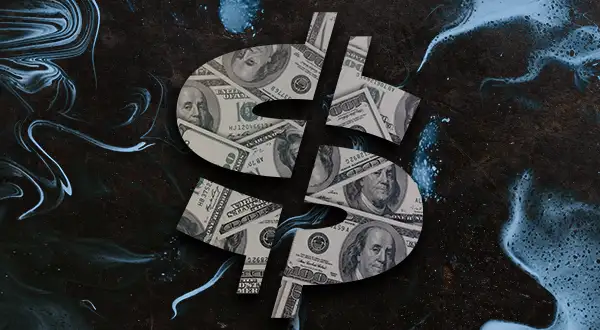The overdraft fee.

It’s the bane of our existence.
While we hate it, US banks feast on the charge: The industry made an eye-watering $14B+ on overdraft in 2019 [insert unprintable words].
The practice may be coming to an end
On Wednesday, Capital One announced it will eliminate overdraft, per CNBC. The bank — which charges customers $25-$35 for conducting transactions that exceed their balance — makes $150m a year on the hated fee.
With ~350 physical locations and 70k ATMs, Capital One is the biggest US bank to ax overdraft. Moving forward, it will:
- Place customers who’ve paid overdraft into a fee-draft protection service next year
- Decline transactions for customers without overdraft protection
Overdraft fees have long been a point of contention
Earlier this year, a group of Democrat senators sent a letter to JPMorgan demanding that the bank return $1.5B in overdraft fees it made during COVID. JPMorgan’s CEO Jamie Dimon said “no.”
In what is probably not a coincidence, the Consumer Financial Protection Bureau (CFPB) said on Wednesday that it’s increasing oversight of banks that rely on overdraft.
Capital One’s move…
… could signal an industrywide change.
There is precedent for this: In 2019, brokerages (TD Ameritrade, Charles Schwab, Interactive Brokers) all got rid of trading commissions in quick succession so as to stay competitive.
If history repeated itself, then [insert fist pound].







